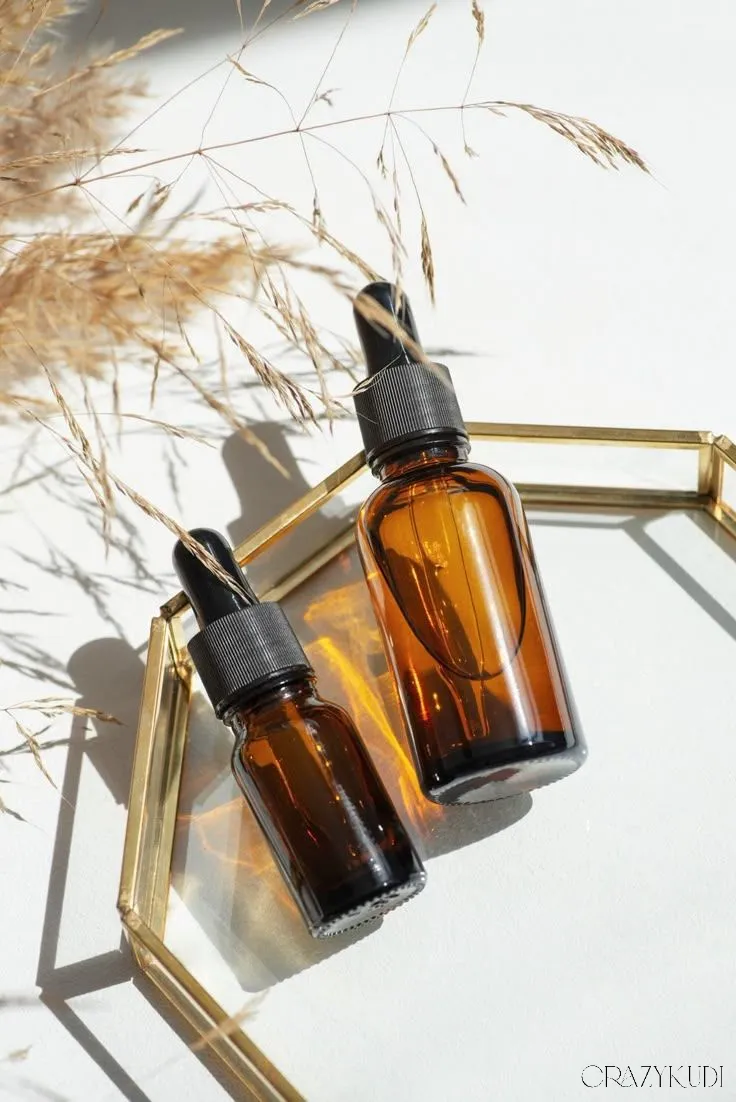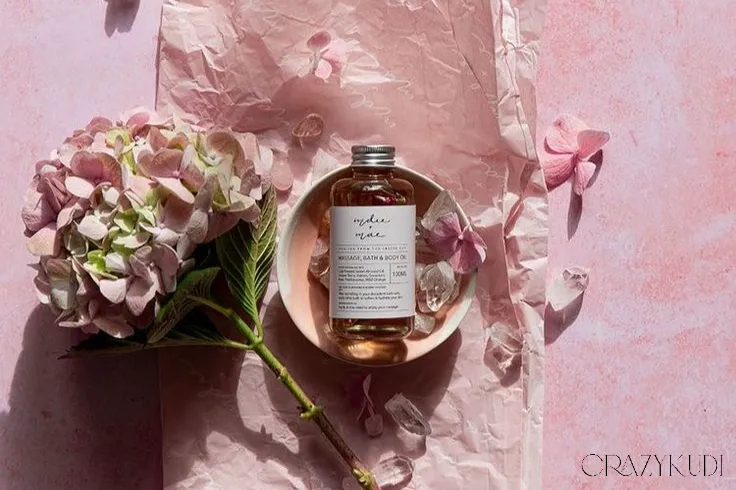Face serums are often considered the superheroes of any skincare routine due to their high concentration of active ingredients designed to target specific skin concerns. Whether you're looking to brighten your complexion, fight wrinkles, or hydrate dry skin, there's a serum for almost every skin type and concern.
As a dermatologist, I often recommend incorporating a serum into your daily skincare regimen. Serums can be more potent and effective than moisturizers alone because they penetrate deeper into the skin. But with so many options available, choosing the right serum for your face can be overwhelming. In this blog, we’ll explore the different types of serums for the face, their benefits, and how to choose the right one for your skin.
1. Hydrating Serums
If you have dry or dehydrated skin, a hydrating serum is a must-have. These serums are packed with ingredients that help retain moisture in the skin, keeping it plump and hydrated. Hyaluronic acid is one of the most popular ingredients in hydrating serums because it draws moisture from the air into the skin, ensuring that your face stays hydrated throughout the day.
Key Ingredients to Look For:
- Hyaluronic acid: Known for its ability to hold 1000x its weight in water, making it perfect for hydrating the skin.
- Glycerin: A humectant that attracts moisture to the skin’s surface.
- Aloe vera: Soothes and hydrates while calming irritated skin.
Why It’s Beneficial:
- Locks in moisture: Hydrating serums help retain moisture and prevent water loss from the skin, especially in dry environments.
- Plumps the skin: Proper hydration helps reduce the appearance of fine lines and leaves the skin looking youthful.
Tip:
Apply a hydrating serum right after cleansing when your skin is still slightly damp to lock in as much moisture as possible.
Also read: The Incredible Benefits of Neem for Skin: A Natural Skincare Superhero
2. Anti-Aging Serums
As you age, your skin loses collagen and elasticity, which can lead to wrinkles and sagging. Anti-aging serums are designed to combat these signs of aging by promoting collagen production, reducing the appearance of fine lines, and boosting skin elasticity.
Key Ingredients to Look For:
- Retinol: A powerful form of vitamin A that stimulates collagen production and accelerates cell turnover.
- Peptides: Short chains of amino acids that promote collagen synthesis and skin repair.
- Vitamin C: An antioxidant that helps prevent free radical damage, brightens skin, and stimulates collagen production.
Why It’s Beneficial:
- Reduces wrinkles: Anti-aging serums help smooth out fine lines and prevent the development of new wrinkles.
- Stimulates collagen production: Collagen is key to keeping skin firm and youthful.
Tip:
Incorporate an anti-aging serum with retinol or peptides into your nighttime routine, as these ingredients can make the skin more sensitive to sunlight.
3. Brightening Serums
If you’re struggling with dull skin, dark spots, or uneven skin tone, a brightening serum can help. These serums target hyperpigmentation and discoloration, revealing a more even and radiant complexion.
Key Ingredients to Look For:
- Vitamin C: Known for its ability to brighten the skin and even out pigmentation by inhibiting melanin production.
- Niacinamide (Vitamin B3): Reduces the appearance of dark spots and enhances skin radiance.
- Alpha arbutin: A plant-derived compound that helps reduce hyperpigmentation and brighten the skin.
Why It’s Beneficial:
- Evens out skin tone: Brightening serums can fade dark spots and hyperpigmentation caused by acne or sun exposure.
- Increases skin radiance: These serums give the skin a healthy glow and brighten dull skin.
Tip:
Use a brightening serum with vitamin C in the morning, as it also acts as an antioxidant to protect your skin from environmental damage.

4. Acne-Fighting Serums
For those prone to acne, there are specific serums that target breakouts and prevent new pimples from forming. These serums typically contain ingredients that reduce inflammation, fight bacteria, and regulate oil production.
Key Ingredients to Look For:
- Salicylic acid: A beta hydroxy acid (BHA) that helps exfoliate the skin, unclog pores, and reduce acne.
- Niacinamide: Reduces redness and inflammation while balancing oil production.
- Tea tree oil: An antibacterial agent known to fight acne-causing bacteria.
Why It’s Beneficial:
- Prevents breakouts: Acne serums help reduce the frequency of breakouts by targeting the root causes.
- Reduces inflammation: Helps calm inflamed acne spots and prevents scarring.
Tip:
Apply an acne-fighting serum after cleansing and before moisturizing, and spot treat active breakouts.
5. Soothing and Calming Serums
If you have sensitive skin or suffer from conditions like eczema, rosacea, or sunburn, soothing serums can help calm irritated skin. These serums reduce redness and inflammation while promoting healing.
Key Ingredients to Look For:
- Aloe vera: Soothes the skin and reduces redness.
- Chamomile extract: Calms irritated skin and provides anti-inflammatory benefits.
- Centella Asiatica (Cica): Known for its healing properties, it helps repair damaged skin and calm irritation.
Why It’s Beneficial:
- Reduces redness and irritation: Soothing serums help calm sensitive skin and reduce the appearance of redness.
- Restores the skin barrier: These serums help repair and protect the skin barrier, which is crucial for maintaining healthy skin.
Tip:
For sensitive or irritated skin, look for a soothing serum that is fragrance-free and formulated specifically for sensitive skin types.
Also read: Anti-Aging Routine to Minimize Wrinkles: Expert Tips for Younger-Looking Skin
6. Exfoliating Serums
Exfoliating serums help to remove dead skin cells and promote cell turnover. These serums are ideal for those who want smoother, brighter skin and want to combat issues like dullness, texture, or clogged pores.
Key Ingredients to Look For:
- Alpha hydroxy acids (AHAs): Such as glycolic acid or lactic acid, which exfoliate the skin’s surface and improve texture.
- Beta hydroxy acid (BHAs): Like salicylic acid, which penetrates deeper into the pores to clear out blockages and prevent breakouts.
- Fruit enzymes: Gentle exfoliators that are ideal for sensitive skin.
Why It’s Beneficial:
- Smooths skin texture: Regular exfoliation helps to remove dead skin cells, giving the skin a smoother and more even appearance.
- Clears clogged pores: Exfoliating serums can prevent breakouts by keeping pores clear of debris.
Tip:
Exfoliating serums should be used in the evening and should not be overused. Start with two to three times a week and gradually increase frequency.
Final Thoughts: Choosing the Right Serum for Your Skin
With so many types of serums for the face, it’s essential to select the one that best addresses your skin concerns. Whether you're looking to hydrate, reduce wrinkles, or brighten your complexion, there’s a serum for every need. To get the best results, be consistent and patient, as serums work over time to improve your skin.
Remember to layer your serums correctly (thinner, lighter formulas first) and always follow up with sunscreen during the day to protect your skin from UV damage.

